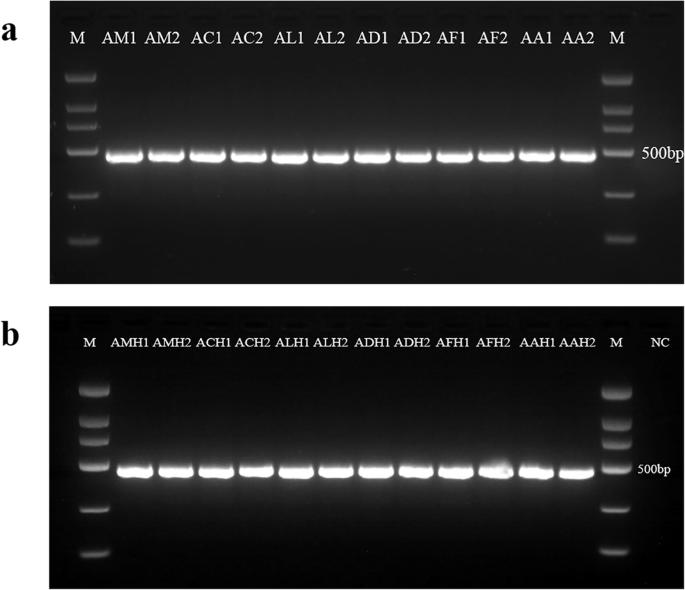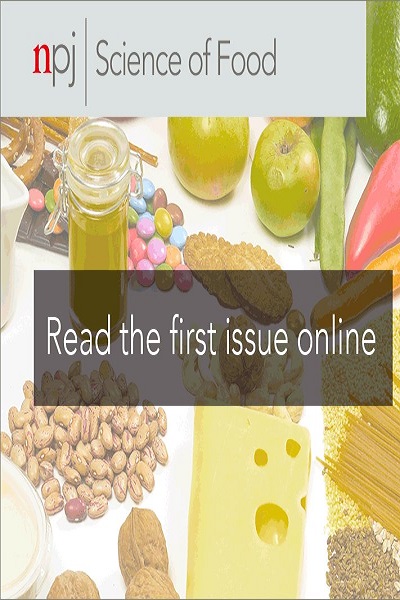一种创新的分子方法,用于对蜂蜜进行具有成本效益的昆虫鉴定
IF 6.3
1区 农林科学
Q1 FOOD SCIENCE & TECHNOLOGY
引用次数: 0
摘要
蜂蜜的鉴定和可追溯性不仅对经济目的至关重要,而且对确保安全也至关重要。然而,复杂、耗时的样品预处理过程、对熟练人员的需求以及大量的相关费用阻碍了尖端技术在实际应用中的广泛采用。本研究旨在开发一种简单且经济有效的分子技术来验证蜂蜜的昆虫学来源。通过使用新设计的引物,我们成功地从蜂蜜中扩增出蜜蜂线粒体 16S 核糖体 RNA 基因,证实了所提取 DNA 的高质量。通过使用 AseI 内切酶进行 RFLP 分析,我们得出了来自六种近缘蜜蜂的蜂蜜的物种特异性限制模式。值得注意的是,这种方法在鉴别热处理蜂蜜和陈酿蜂蜜时同样有效,其 RFLP 图谱与原蜜相同。据我们所知,这是利用限制性内切酶 AseI 和线粒体 16S rRNA 基因片段同时区分近缘蜜蜂蜂蜜的首次研究。因此,它作为监管机构确定蜂蜜昆虫来源和实现全面溯源的标准化指南,具有巨大的潜力。本文章由计算机程序翻译,如有差异,请以英文原文为准。

An innovative molecular approach towards the cost-effective entomological authentication of honey
Honey authentication and traceability are crucial not only for economic purposes but also for ensuring safety. However, the widespread adoption of cutting-edge technologies in practical applications has been hampered by complex, time-consuming sample pre-treatment processes, the need for skilled personnel, and substantial associated expenses. This study aimed to develop a simple and cost-effective molecular technique to verify the entomological source of honey. By utilizing newly designed primers, we successfully amplified the mitochondrial 16S ribosomal RNA gene of honey bees from honey, confirming the high quality of the extracted DNA. Employing RFLP analysis with AseI endonuclease, species-specific restriction patterns were generated for honey derived from six closely related honey bees of the Apis genus. Remarkably, this method was proven equally effective in identifying heat-treated and aged honey by presenting the same RFLP profiles as raw honey. As far as we know, this is the initial research of the simultaneous differentiation of honey from closely related honey bee species using the restriction endonuclease AseI and mitochondrial 16S rRNA gene fragments. As a result, it holds tremendous potential as a standardized guideline for regulatory agencies to ascertain the insect origins of honey and achieve comprehensive traceability.
求助全文
通过发布文献求助,成功后即可免费获取论文全文。
去求助
来源期刊

NPJ Science of Food
FOOD SCIENCE & TECHNOLOGY-
CiteScore
7.50
自引率
1.60%
发文量
53
期刊介绍:
npj Science of Food is an online-only and open access journal publishes high-quality, high-impact papers related to food safety, security, integrated production, processing and packaging, the changes and interactions of food components, and the influence on health and wellness properties of food. The journal will support fundamental studies that advance the science of food beyond the classic focus on processing, thereby addressing basic inquiries around food from the public and industry. It will also support research that might result in innovation of technologies and products that are public-friendly while promoting the United Nations sustainable development goals.
 求助内容:
求助内容: 应助结果提醒方式:
应助结果提醒方式:


